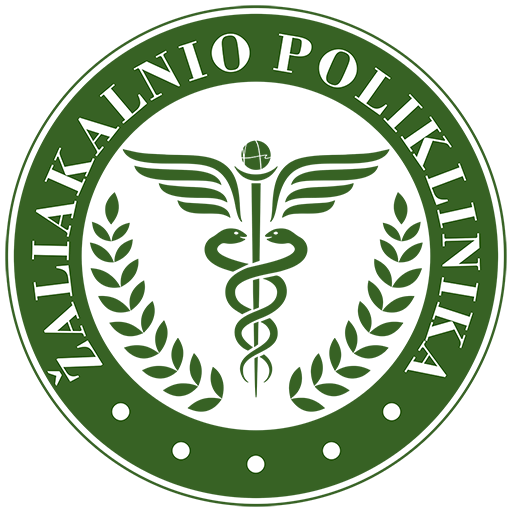From 1 January 2024, a new order will come into force: failure to have a medical check-up at the prescribed intervals will invalidate drivers' licences and prevent them from driving. Currently, drivers' medical certificates are divided into two groups with different validity periods - Group I is valid for 10 years and Group II for 2 years.
Under the current regime, drivers of category I vehicles (AM, A1, A2, A, B1, B and BE) up to the age of 55 years need to undergo a medical check every 10 years, for which the driving licence is valid for the same period. Drivers aged 56 to 69 need a health check every 5 years, 70 to 79 every two years and over 80 every year. Group II (C1, C1E, C, CE, D1, D and DE) licences are valid for 5 years and the medical certificate for the health check for 2 years. If the driver is over 80 years old, the medical examination must be carried out annually.
Although health screening is relevant for everyone, it is particularly important after the age of 50, as more health problems occur with age, which can affect driving ability. These can include visual impairments, especially cataracts, glaucoma or maculopathy; cognitive impairments, such as memory, concentration or decision-making; and musculoskeletal problems, where joint pain, lack of flexibility or loss of muscular strength develops with age. And, of course, cardiovascular disease - high blood pressure, heart failure or stroke. All of these disorders can affect the quick reaction time needed on the road."
More frequent health checks for older drivers help to ensure that their ability to drive safely is continuously monitored and assessed, helping to reduce the risk of accidents and ensure the safety of those on the road.
As part of your medical check-up, you may be subject to a number of tests to obtain a medical certificate:
- A physical, which assesses a person's general physical condition, blood pressure, pulse rate, hearing and visual function and other physical characteristics that may affect driving ability;
- Medical tests based on your personal characteristics and age - blood and urine tests, electrocardiogram or other tests to detect possible health problems or diseases;
- Medical history and health history - the doctor needs to obtain information about the patient's personal health history, including previous illnesses, surgeries, chronic diseases and medications the person is taking;
- Consultation with a psychiatrist, which may include questionnaires on the person's mental health, emotional stability, stress management and other psychological aspects.
A person cannot be issued with a certificate when:
- If the person has certain disorders, such as psychosis, as well as certain personality disorders, which particularly impair judgment, behaviour or adaptability.
- If a driver has a medical condition that may affect his or her ability to drive safely, there are cases where, after a doctor's assessment, the driver may be denied a personal health certificate. For example, if he or she has uncontrolled epilepsy, poor eyesight or a serious heart condition, this is a good reason not to drive. A person may also be denied a certificate if he or she refuses to take the necessary tests, fails to provide the necessary information, or lies about his or her state of health.
- The refusal can also be due to unpredictable or acute health problems, especially if the condition is likely to affect driving abilities in the short term, in which case the GP may withhold the certificate until the problem has been resolved or the person's condition stabilises. Occasionally, after the driver has undergone further medical tests and the doctor has assessed the results, the certificate may be issued.
- It is important to understand that a medical certificate for a driver's health check is given to those who are fit to drive or whose condition can be corrected to make their behaviour on the road safer, with the help of adapted car controls, steering wheel, glasses, hearing aids and other devices.
Health check-up at Zaliakalnis Polyclinic UAB




